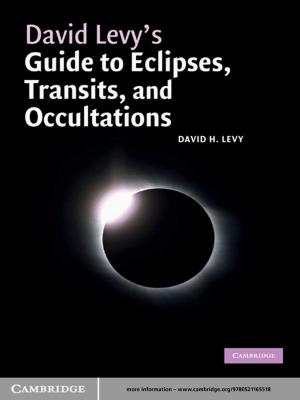Media Freedom as a Fundamental Right
Nonfiction, Reference & Language, Law, Intellectual Property, Social & Cultural Studies, Political Science| Author: | Jan Oster | ISBN: | 9781316290088 |
| Publisher: | Cambridge University Press | Publication: | May 28, 2015 |
| Imprint: | Cambridge University Press | Language: | English |
| Author: | Jan Oster |
| ISBN: | 9781316290088 |
| Publisher: | Cambridge University Press |
| Publication: | May 28, 2015 |
| Imprint: | Cambridge University Press |
| Language: | English |
Domestic constitutions and courts applying international human rights conventions acknowledge the significance of the mass media for a democratic society, not only by granting special privileges but also by imposing enhanced duties and responsibilities to journalists and media companies. However, the challenges of media convergence, media ownership concentration and the internet have led to legal uncertainty. Should media privileges be maintained, and, if so, how is 'the media' to be defined? To what extent does media freedom as a legal concept also encompass bloggers who have not undertaken journalistic education? And how can a legal distinction be drawn between investigative journalism on the one hand and reporting on purely private matters on the other? To answer these questions, Jan Oster combines doctrinal and conceptual comparative analysis with descriptive and normative theory, and argues in favour of a media freedom principle based on the significance of the media for public discourse.
Domestic constitutions and courts applying international human rights conventions acknowledge the significance of the mass media for a democratic society, not only by granting special privileges but also by imposing enhanced duties and responsibilities to journalists and media companies. However, the challenges of media convergence, media ownership concentration and the internet have led to legal uncertainty. Should media privileges be maintained, and, if so, how is 'the media' to be defined? To what extent does media freedom as a legal concept also encompass bloggers who have not undertaken journalistic education? And how can a legal distinction be drawn between investigative journalism on the one hand and reporting on purely private matters on the other? To answer these questions, Jan Oster combines doctrinal and conceptual comparative analysis with descriptive and normative theory, and argues in favour of a media freedom principle based on the significance of the media for public discourse.















